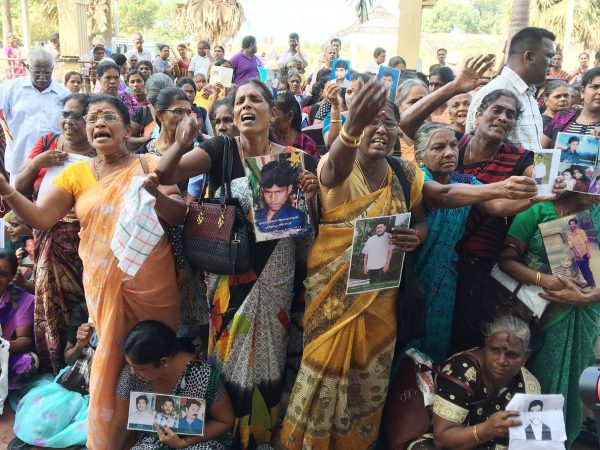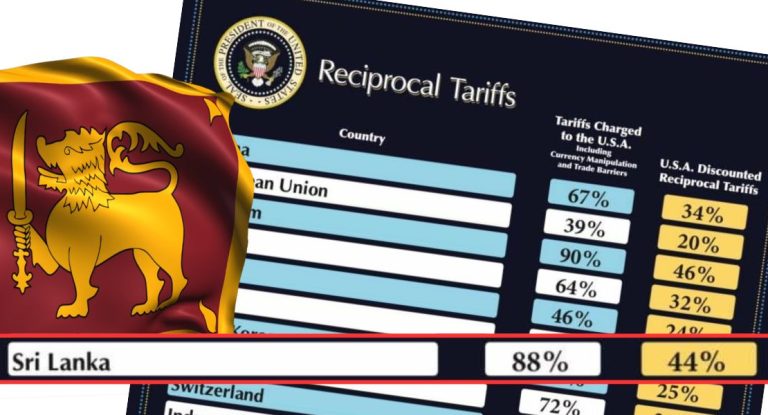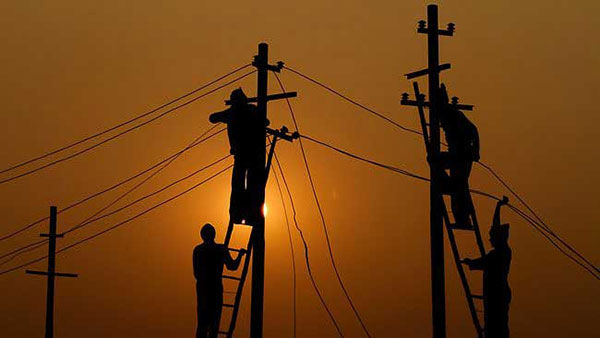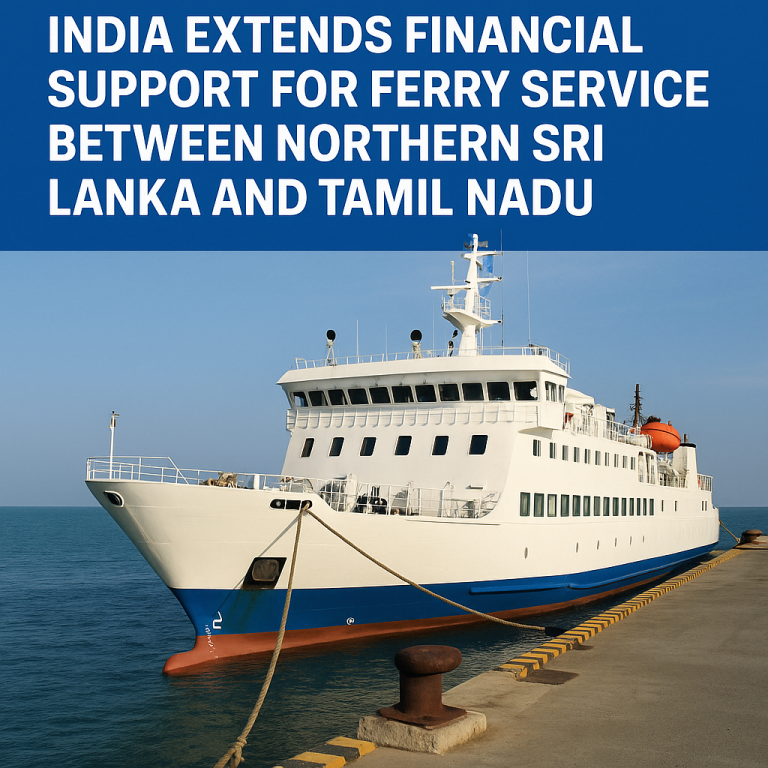Ajith Perakum Jayasinghe
Sri Lanka’s proposed Truth and Reconciliation Commission (TRC) is facing intense scrutiny, with its potential to unearth past human rights violations clashing with concerns about its limited power to ensure justice. Though equipped with robust investigative tools, the TRC’s inability to directly prosecute perpetrators casts a shadow over its ability to deliver true accountability.
Proponents hail the Commission’s sweeping powers. Armed with the authority to delve into abuses spanning 1983 to 2009, particularly in the war-torn North and East, the TRC can summon individuals, gather evidence, and even excavate potential mass graves. This expansive mandate, supporters argue, could finally shed light on a dark chapter in Sri Lanka’s history.
However, critics point to a glaring gap in the TRC’s arsenal: the lack of prosecutorial teeth. Despite its ability to unearth crucial evidence and recommend legal proceedings, the Commission cannot directly bring perpetrators to justice. This crucial responsibility rests with the Attorney General, whose record on prosecuting human rights violations leaves many sceptical.
“While the TRC can shine a light on past wrongs, it cannot guarantee that light will guide perpetrators to the courtroom,” warns a human rights activist in Colombo. “Without the power to directly prosecute, the Commission risks becoming another chapter in Sri Lanka’s long history of unresolved injustices.”
Further fueling scepticism is the potential for political meddling. The President’s role in appointing TRC members raises concerns about interference and the manipulation of findings. These worries echo past commissions riddled with political biases, leaving victims disillusioned and their pursuit of justice frustrated.
Adding to the complexity are questions about resource allocation. Critics argue that creating a new Commission may be duplicative and inefficient while the Office on Missing Persons already tackles similar issues. Resources, they contend, could be better channelled towards strengthening existing institutions and ensuring their independence.
Questions remain unanswered as the TRC stands poised on the precipice of its journey. Will it be a beacon of truth and a catalyst for accountability, or will it fade into another hollow promise under the weight of scepticism and political manoeuvring? Only time will tell if the Commission can shed light on the darkest corners of Sri Lanka’s past or cast deeper shadows of doubt on the country’s commitment to justice.








